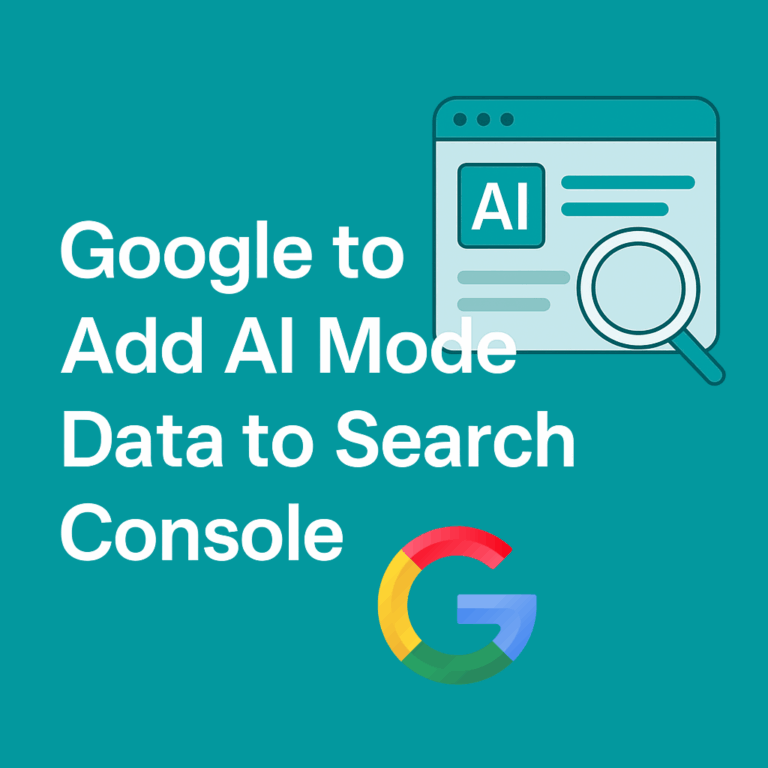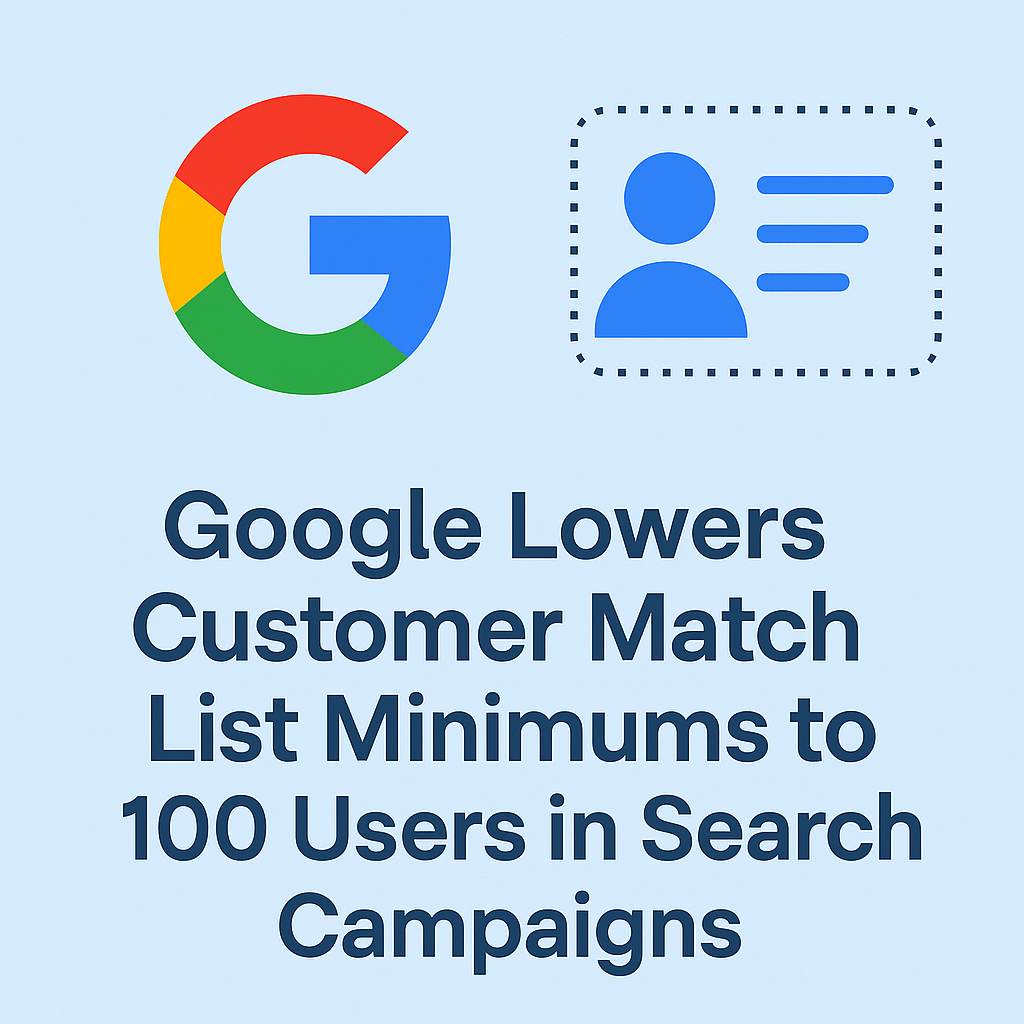SEO is changing fast. If you think that just writing great content and building the same old backlinks will get you the results you used to see, you’re in for a sad surprise over the next year. The SEO landscape is shifting and it’s vital to adapt your strategies accordingly. In this blog, we’ll explore the two major themes that will shape your SEO strategy moving forward, particularly focusing on Generative Engine Optimisation (GEO). Let’s dive in!
Understanding the Shift: From Google to Generative AI
For years, SEO was all about Google. Businesses focused solely on ranking high in search results to drive traffic. But now, we’re witnessing real competition in search from AI tools like ChatGPT, Gemini and DeepSeek. This means your SEO strategy must evolve. Your products and services need to be discoverable wherever potential customers are searching, including in AI tools and Google’s AI Overviews.
In 2025, it’s crucial to understand that your SEO strategy needs to adapt to this new reality. It’s not just about ranking on Google anymore; it’s about being visible across all search platforms, especially those powered by AI.
Generative Engine Optimisation (GEO)
If there’s a single SEO strategy that will dominate in this year, it’s Generative Engine Optimisation (GEO). This new term describes the techniques required to get your business featured and recommended by generative AI tools. For instance, when you search for “generative engine optimisation services” on Google, you’ll notice that the AI overview pushes the regular web results down. This shift means that the techniques required to achieve visibility in AI overviews differ from traditional SEO.
For example, when searching for services, you might find a business ranking third in organic search results but first in AI overviews. This highlights the importance of implementing GEO now, especially with the prediction that over a billion people will be using Google’s AI overviews by the end of 2025. Getting ahead of the curve could give you a significant first-mover advantage over your competitors.
How to Implement GEO
So, how do you actually implement GEO? The first step is to ensure that your website ranks well in traditional web searches because many of these AI tools use background web searches to compile their results. Being visible in Google’s regular search results is essential to getting featured in AI overviews.
For example, if your website is recognised as an authoritative source, it is more likely to appear in AI-generated summaries. This means that your content must not only be well-optimised but also structured in a way that aligns with what AI tools are looking for.
Focus on Content Structure
To rank well in AI overviews, your content should provide concise answers to questions while also diving deeper into relevant topics. When AI tools pull data, they prefer content that answers questions directly and is backed by credible sources. Start your content with a clear, concise answer before elaborating with more detailed information.
Utilise Long-Tail Keywords
AI search tools encourage longer, more specific search queries. Therefore, creating content that targets these long-tail keywords can significantly increase your chances of ranking in both traditional search results and AI-generated answers. By focusing on niche topics and specific queries, you can better inform AI tools and increase your visibility.
Building Two-Tiered SEO Strategies
Another significant change is the need for businesses to develop two distinct SEO strategies: one for top-of-funnel traffic and another for bottom-of-funnel traffic. Top-of-funnel strategies should focus on getting your brand or product recommended in AI answers, while bottom-of-funnel strategies should ensure that you capture traffic from users ready to make a purchase.
This dual approach is essential as AI tools can now provide users with comprehensive answers to their questions without them needing to click through to multiple websites. For instance, if someone is researching business banking options, they may find all the information they need directly in the AI search results, bypassing individual bank websites altogether.
Top-of-Funnel SEO Strategy
Your top-of-funnel strategy should aim to position your brand prominently in AI-generated answers. This involves creating valuable, informative content that clearly addresses common questions or concerns within your industry. By ensuring that your content is recognised as a credible source, you increase the likelihood that AI tools will reference your business.
Bottom-of-Funnel SEO Strategy
On the other hand, your bottom-of-funnel strategy should focus on converting visitors who are already interested in purchasing. This can be achieved by optimising landing pages, ensuring product information is easily accessible and providing clear calls to action. Your goal is to lead users seamlessly from information-gathering to making a purchase.
The Importance of EAT: Experience, Expertise, Authoritativeness and Trust
As AI tools evolve, they also place greater emphasis on content that demonstrates EAT – Experience, Expertise, Authoritativeness and Trust. This means your SEO strategy must not only aim for visibility but also strive to persuade potential customers by showcasing genuine knowledge and first-hand experience.
AI tools prefer content created by individuals or organizations that are perceived as authorities in their field. This can be achieved by including author bios, citing credible sources, and ensuring that your content is regularly updated to reflect current knowledge and practices.
Showcasing Expertise
For instance, if you’re writing about a health-related topic, include bios of the authors that highlight their qualifications and expertise. This not only builds trust with your audience but also signals to AI tools that your content is reliable and should be recommended.
Real-World Examples
Let’s look at an example: if someone searches for “best affordable skincare brands,” AI tools might pull together information from various sources to provide a comprehensive answer. If your brand is mentioned positively across multiple authoritative sites, this increases the likelihood that your business will be recommended in AI-generated responses.
Digital PR and Content Marketing
As businesses navigate this new landscape, digital PR and content marketing will become increasingly important. To enhance your visibility, focus on getting your brand featured across various platforms. This means not just relying on your website but also ensuring that your products and services are discussed and linked back to by reputable third-party sites.
This multi-faceted approach will enhance your credibility and increase the chances of being recommended by AI tools. For example, if a bank wants to be recognised in AI search results, they should actively engage in partnerships with financial blogs and news outlets to get featured.
Voice Search and Local SEO
Voice search continues to be a topic of discussion in the SEO community. While improvements in voice assistants mean they can answer more complex queries, the primary use of voice search remains basic informational queries. However, local businesses should pay special attention to local SEO strategies as they become increasingly relevant in voice search results.
For local businesses, optimising for local search terms and ensuring that your Google My Business listing is up to date will be crucial. This ensures that when users search for local services, your business appears prominently in search results.
Conclusion: Adapting to the Future of SEO
In conclusion, the world of SEO is evolving rapidly and adapting your strategies to incorporate Generative Engine Optimisation is vital for success in 2025. By focusing on visibility across AI tools, building two-tiered SEO strategies, showcasing experience and expertise and engaging in digital PR, you can position your business for future growth.
As we continue to navigate this new landscape, remember that staying informed and agile will be your best strategies for success. The more proactive you are in adapting to these changes, the better your chances of remaining competitive in the digital marketing space.
Stay tuned for future insights and strategies as we delve deeper into the world of SEO!









